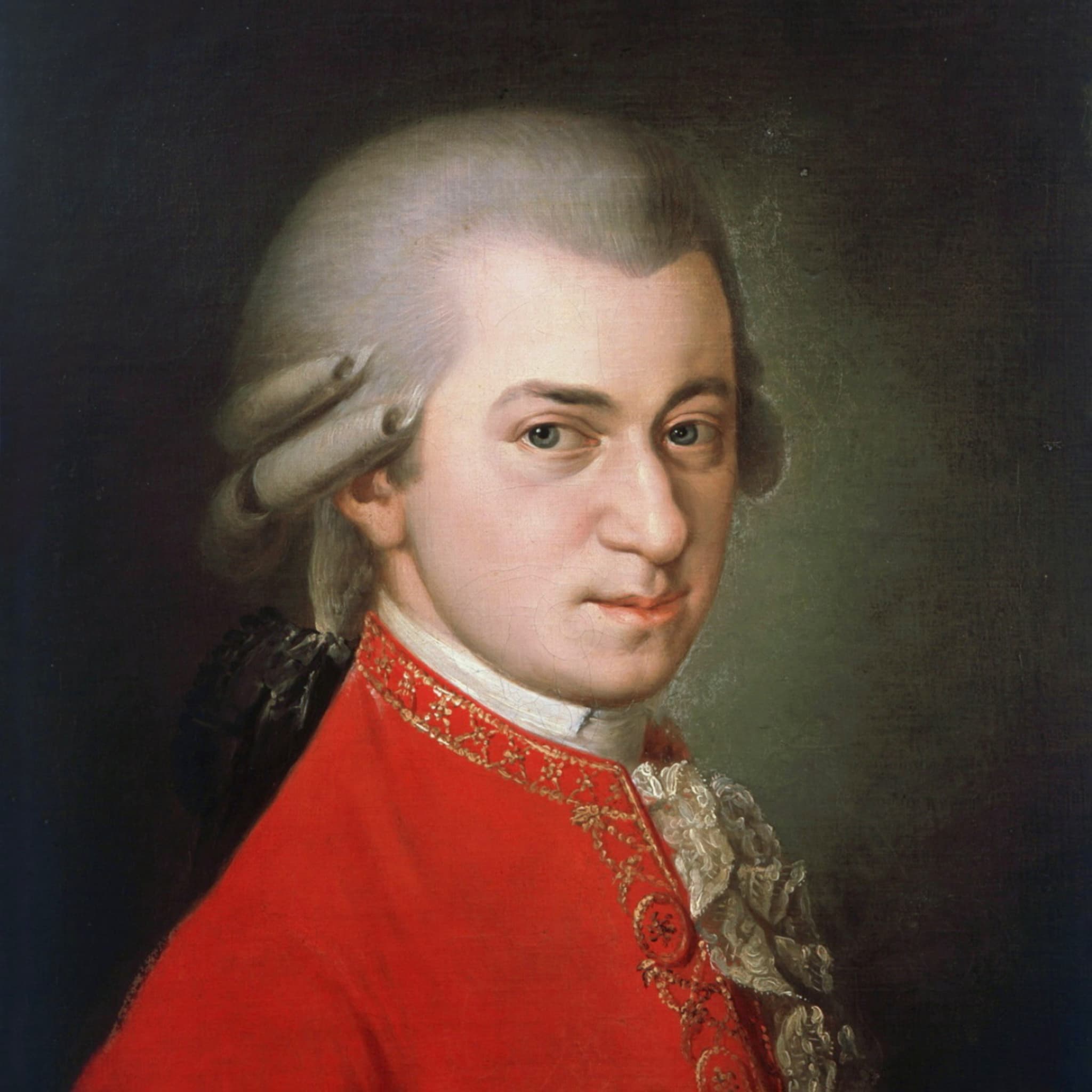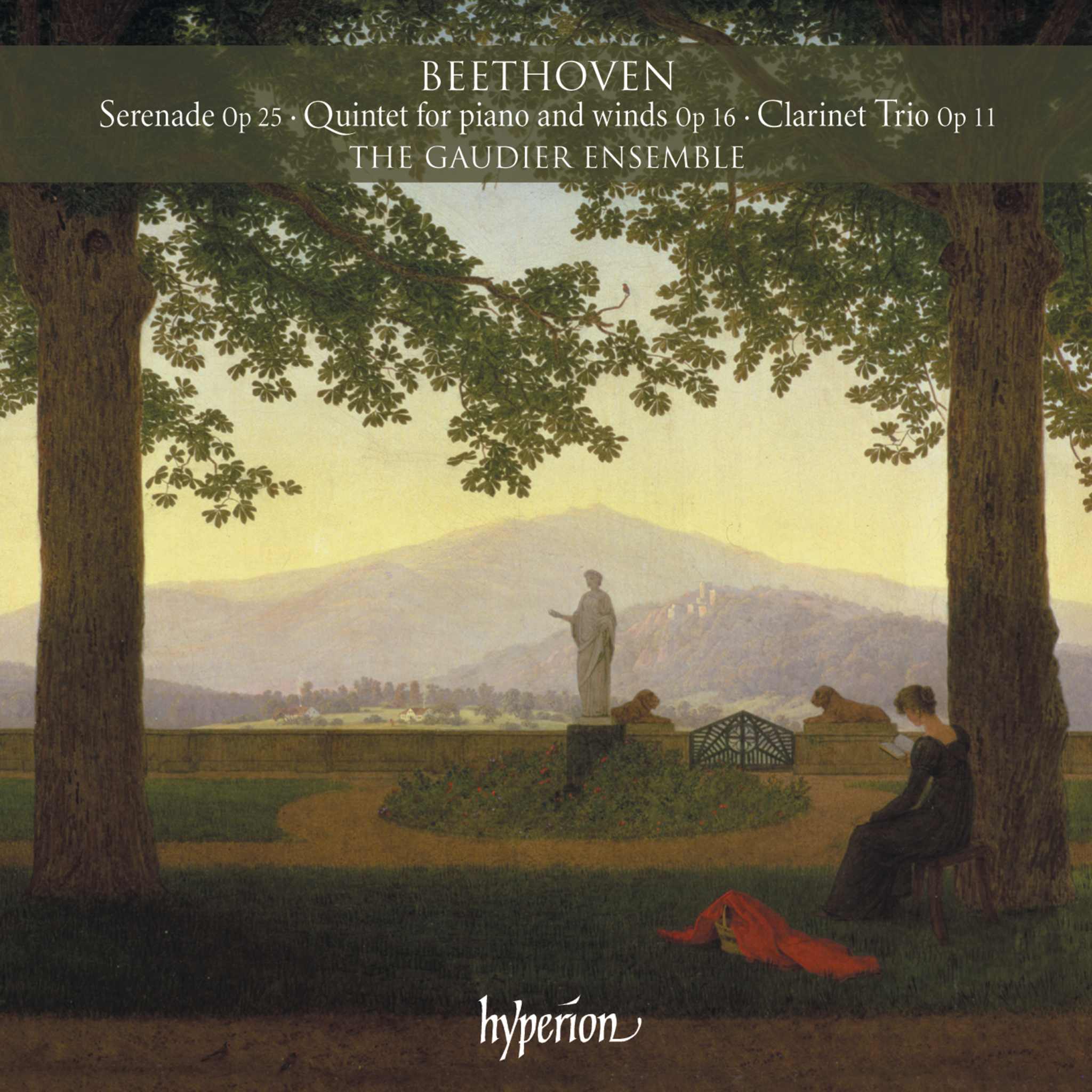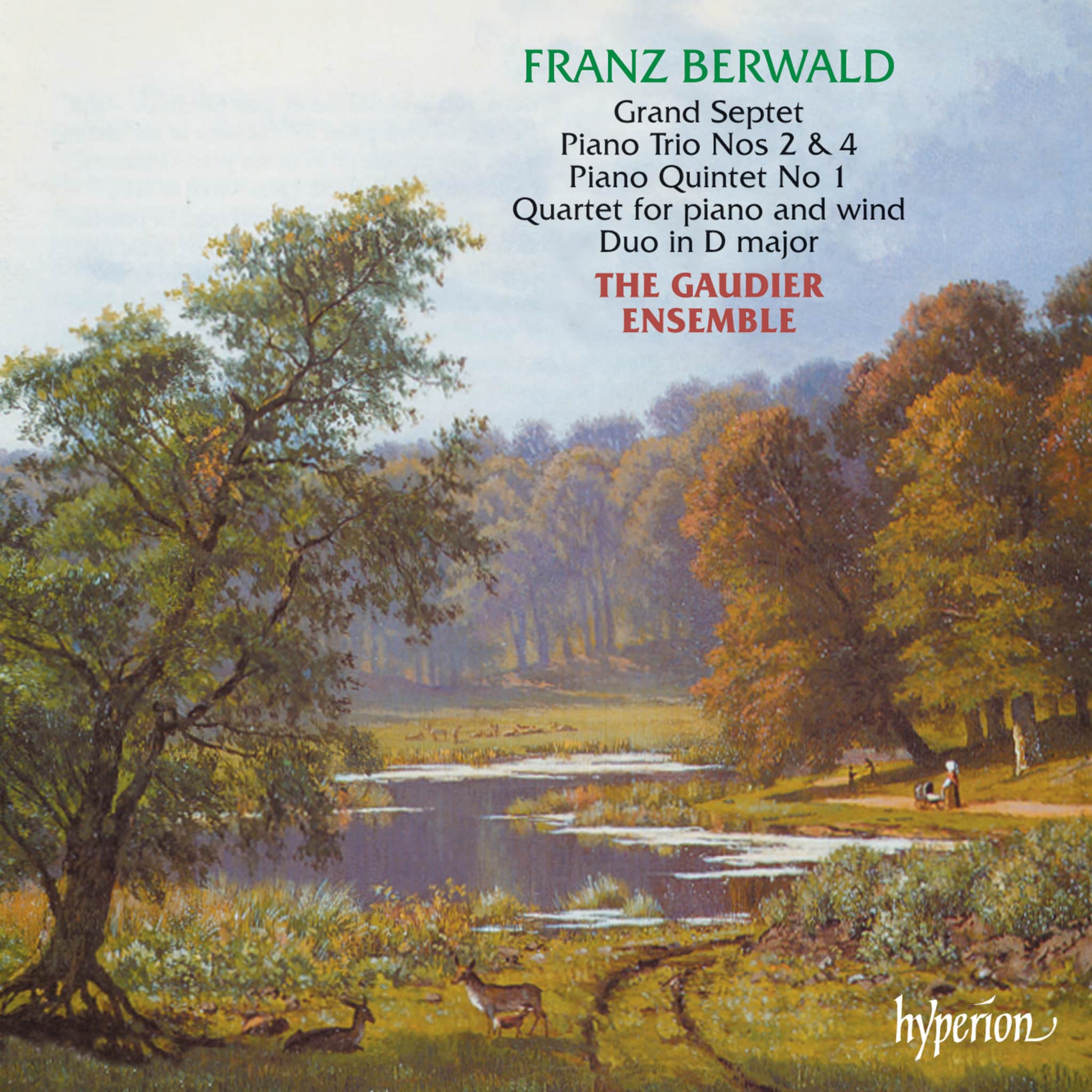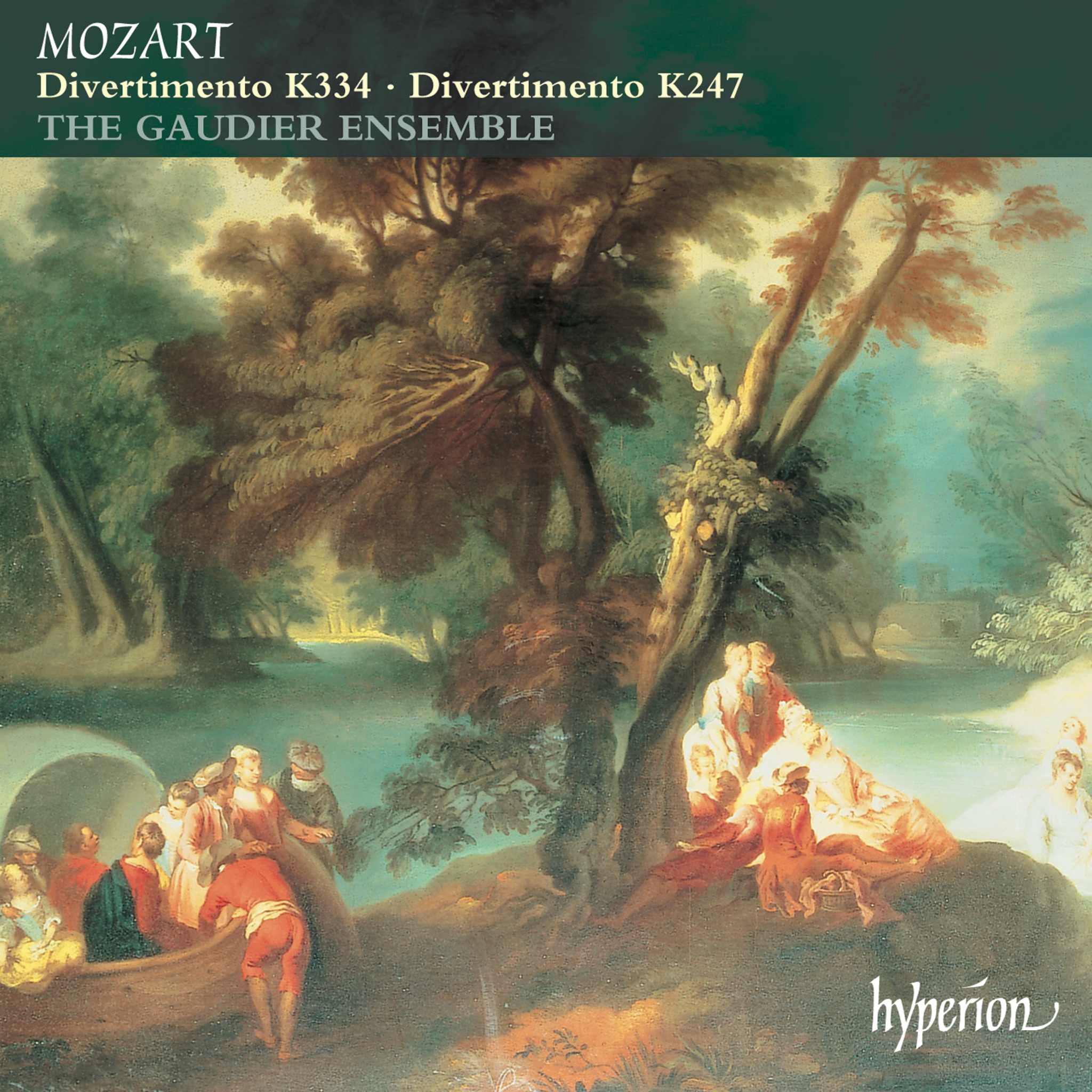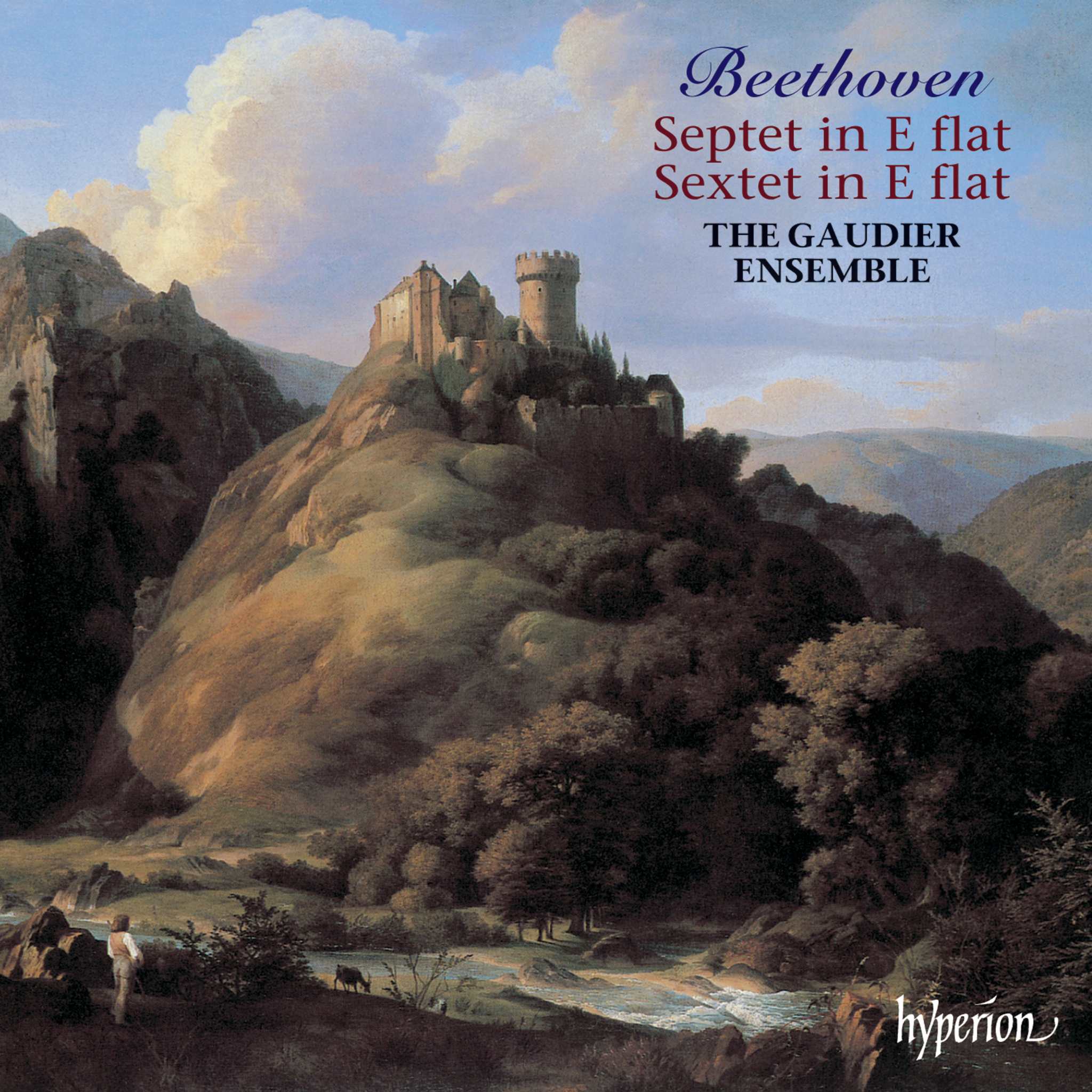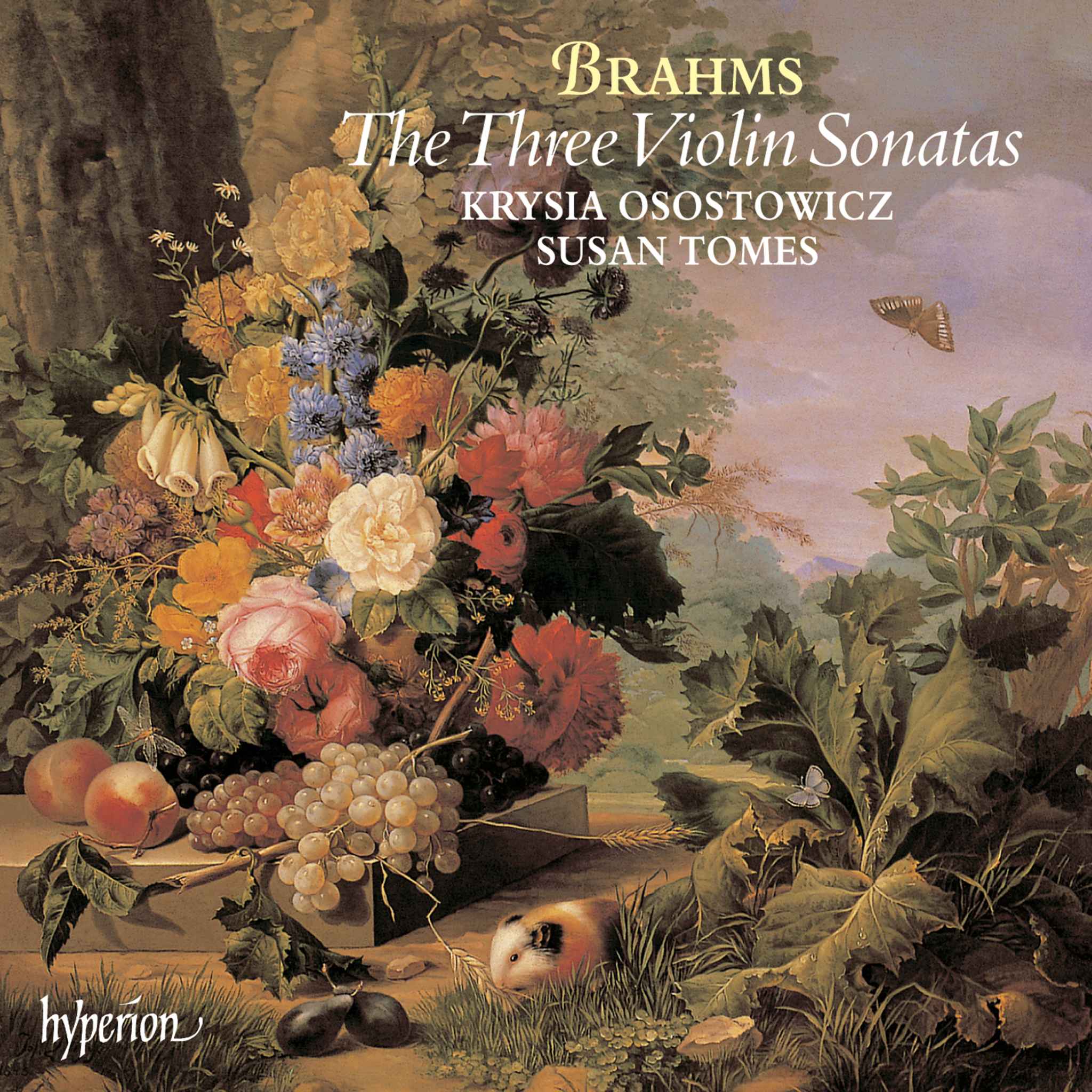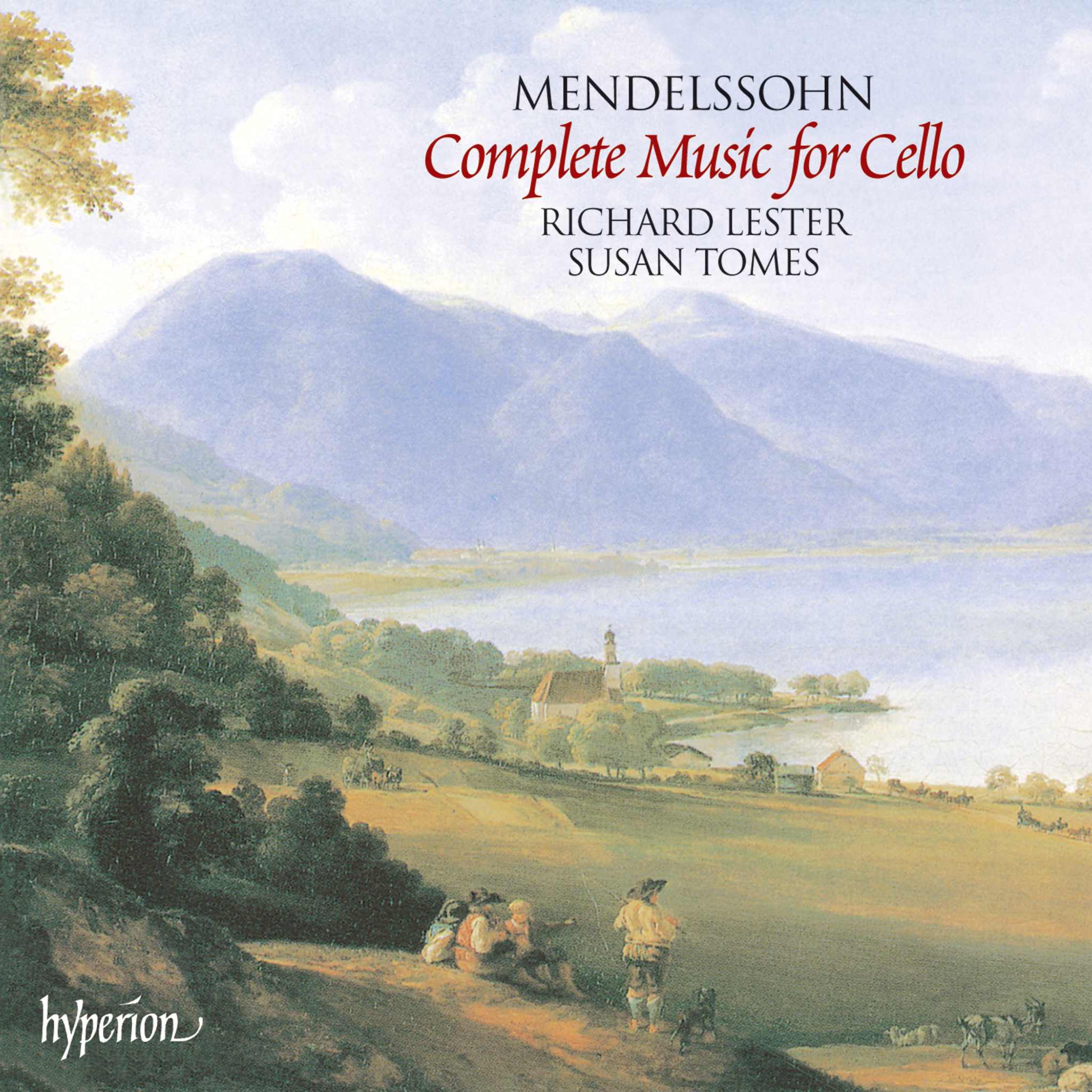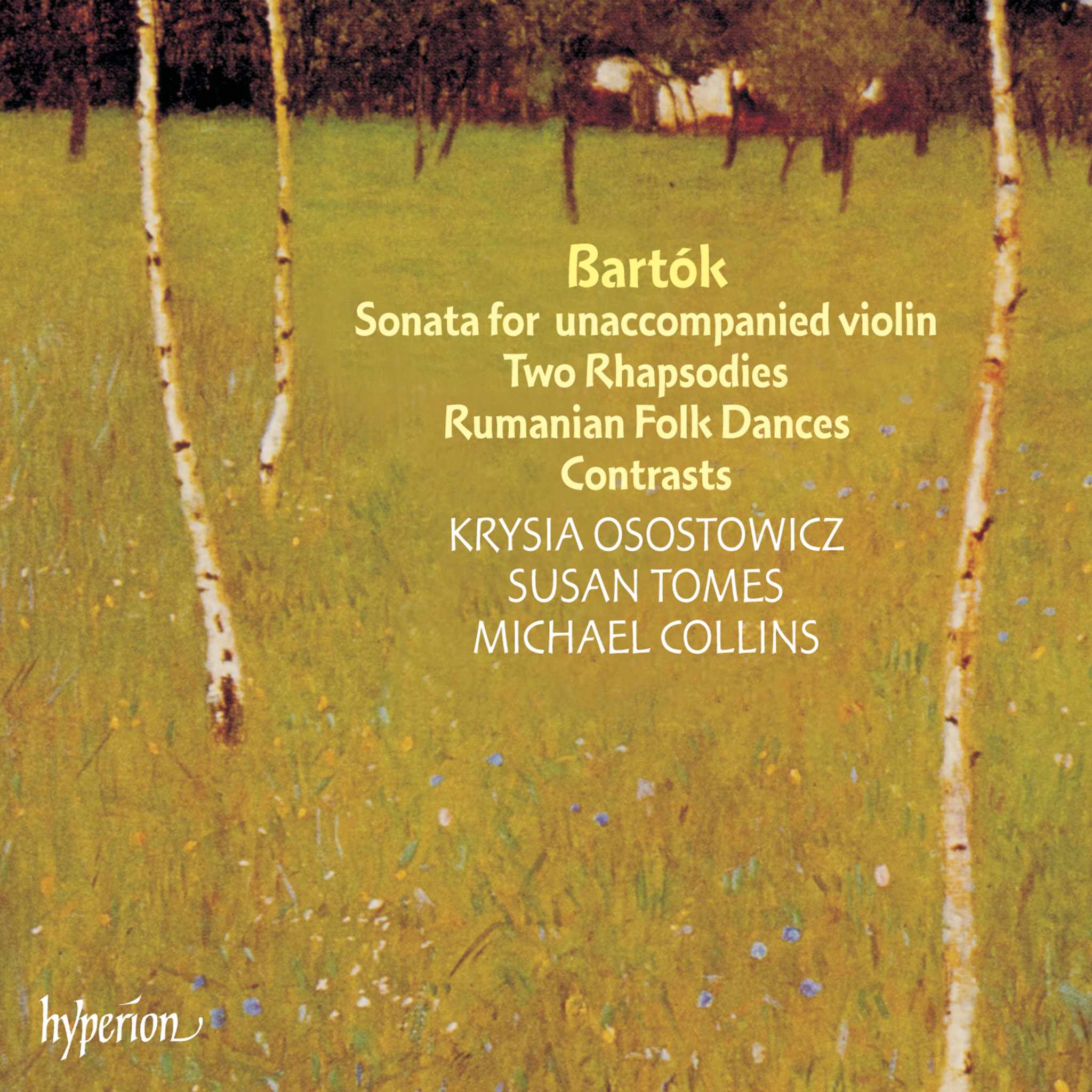In the late 18th century, the piano, and especially the fortepiano, gradually gained dominance in Europe over the previously favored harpsichord. Wolfgang Amadeus Mozart played a significant role in this development, dedicating works to the new instrument and thereby highlighting its unique expressive possibilities.
Mozart was impressed by the construction of the so-called Viennese hammerklavier, which Johann Andreas Stein manufactured in Augsburg. During a stay in Augsburg in 1777, Mozart became acquainted with these fortepianos and greatly appreciated their flexibility and precision. These instruments were exceptional at the time and contributed to the fact that Mozart's music captivated audiences in Vienna, where he moved in 1781.
Although piano music initially progressed more slowly in Vienna than in England or France, the city soon became a center of piano manufacturing. At the beginning of his time in Vienna, Mozart still played on the Weber family's harpsichord until he finally acquired his own fortepiano from Anton Walter in 1785.
For concerts, Mozart frequently used a fortepiano belonging to Countess Maria Wilhelmine Thun. The instrument had to be transported and set up for performances at different venues, which involved considerable effort. Nevertheless, Mozart's virtuosity at the piano remained consistently impressive.
His piano concertos, such as K. 413–415, mark an important phase in Mozart's oeuvre. These works can be performed with both orchestra and chamber ensembles and demonstrate Mozart's sensitivity to the expressive power of the piano as well as his ability to engage in dialogue with the orchestra.
Furthermore, Mozart's concertos feature subtle allusions and artful contrapuntal passages that make his compositions distinctive. The refinement and grace of his music captivated audiences and solidified his reputation as an outstanding composer.


